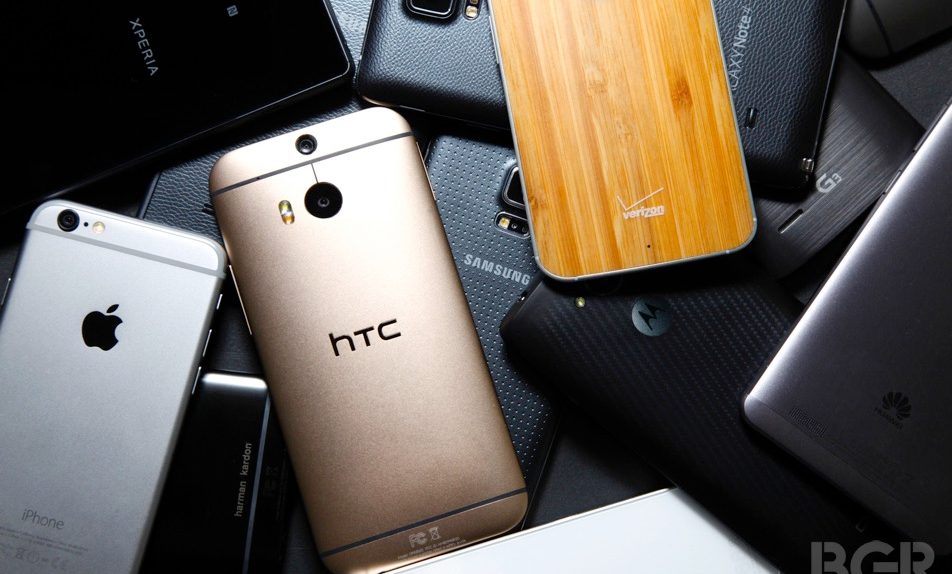Carrier subsidies can be awfully tempting — after all, who doesn’t want to get a brand-new smartphone for just $200? But Droid Life makes a good case that they’re also a temptation you should resist because the value of having an unlocked smartphone is just too good over the long haul to pass up.
DON’T MISS: Why an Android fan went running back to Google after two weeks with the iPhone 6
Granted, unlocked phones will set you back more financially at first. However, you’ll make up for their early high costs since you won’t be tied to one wireless carrier for two years or have to pay extra money every month as part of an early-upgrade program either. Most importantly for Android fans, unlocked devices are completely free of the carrier bloatware that hurts a device’s performance and that drastically slows the amount of time it takes for your device to get upgraded to new software.
“Look at how easily Google is able to update its Nexus phones when they aren’t tied to a carrier,” Droid Life argues. “Motorola is also fast at pushing updates to its unlocked Moto X products, as is HTC with its unlocked One variants. Even this Galaxy S6 I have has seen two updates since launch, one that includes fingerprint scanner improvements and important bug fixes that your Verizon Galaxy S6 may not see for months.”
Since we’ve had issues with getting speedy software updates to our Android devices in the past, this strikes us as the most compelling argument for getting an unlocked phone.
Droid Life’s full essay on the joys of unlocked phones is well worth reading and can be found here.






